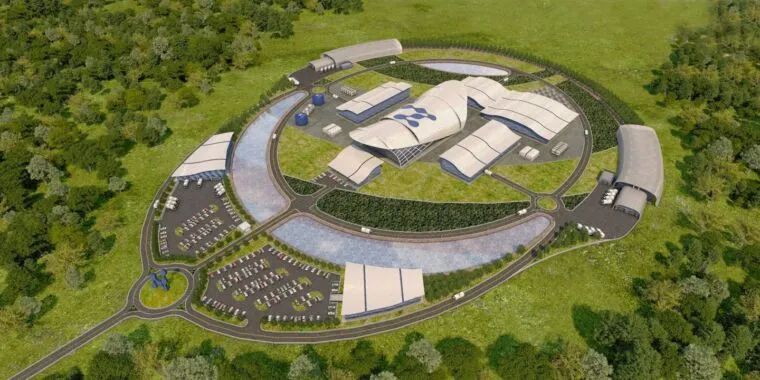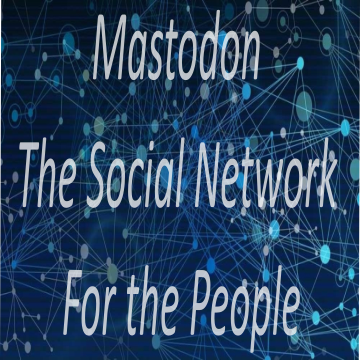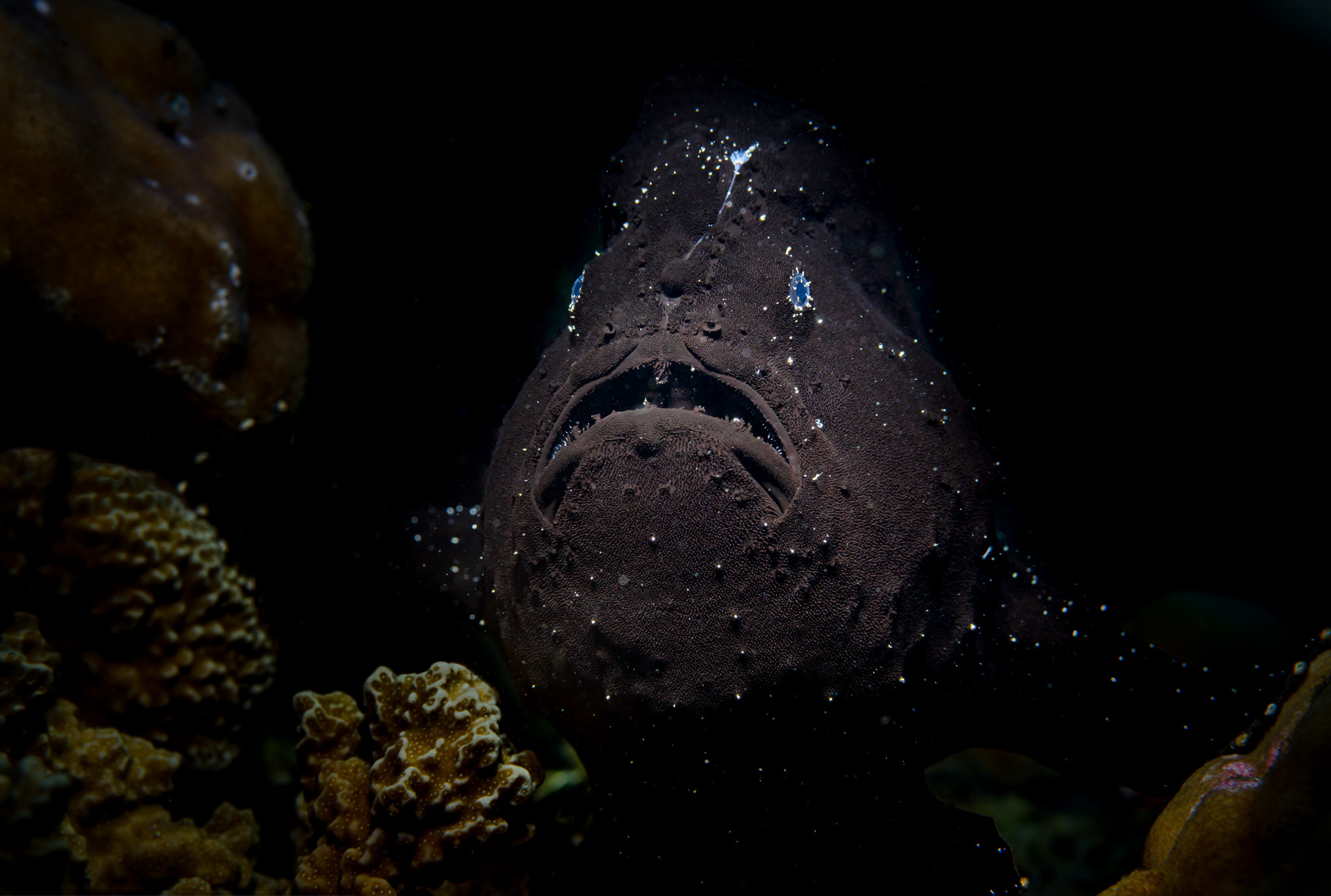NuScale and its primary partner give up on its first installation.
Tldr: renewables are really cheap and utility partners backed out from buying the energy so it didn’t make economic sense.
I can’t help but feel that it would make more economic sense if we taxed the fuck out of other stable sources of energy that are killing us (coal/gas).
But it’s Utah: they don’t give a single shit about air quality or global warming.
Also according to the guardian the project had massive cost overruns increasing the costs by a factor of five:
The projected cost of the NuScale project had blown out from US$3.6bn for 720 megawatts in 2020 to US$9.3bn for 462MW last year.
To answer your idea solar costs on a MW bases 30times less today, with falling prices. Solar runs something like 20-25% of the time and you need storage, but that is still much much cheaper then this nuclear plant would be. So you are really wasting money going for nuclear today.
Exactly. Nuclear is quite expensive compared with wind, solar, and short-term storage. The only place new nuclear might make sense is as a competitor for longer-duration storage, and then only if it’s able to come in more cheaply than people know how to build it.
Nowadays a big problem with nuclear is that as almost no new reactors are built the expertise to build them has disappeared so it always leads to these huge cost overruns.
Small modular nuclear reactor?
Not in my back yard, thanks. Not that these industries tend to ask.
There are locations where, judging by the general populations ignorant attitudes, they don’t have enough sense to give a shit about air quality or global warming.
However, in western “educated” society, those general attitudes have been formed due to corruption.
For example, where l live the general public are simply not exposed to the facts about air pollution & climate change. Many live in their own social bubbles & are exposed to industry propaganda
What’s funny is I tend to believe the average Utahn cares about air quality. They have some insanely toxic air when inversions set up in the valley.
But they keep electing politicians that run heavy industry (copper mining, steel smelting, oil and gas refining) in that selfsame valley with 0 oversight.
How’s the saying go, again? “The best time to build nuclear was 20 years ago. The second best time is to build solar or wind instead now.”
Don’t waste your time in conservative areas that don’t care about clean energy. Michigan now has a mandate to go fossil-free and we want nuclear plants here.
I just wish they get rid of DTE in SE and make energy a public service like Ann Arbor is planning
Conservatives have pushed nuclear plenty. Margot Thatcher was one of the first politicians to embrace the science of Global Warming as a way to push nuclear. Opposition to nuclear has usually come from the nuttier corners of the left, like Greenpeace.
This project simply saw the numbers shift and backers started pulling out. Cost and budget overruns are the norm in the industry, and here we go again.
Thoughts on nuclear? Sounds good to me but I’m so somewhat ignorant.
Cleanest energy generation around. It produces a handful of waste per year (the whole US generates around half a Olympic pool per year), which could be further reduced by using some of that waste too in newer generation plants, like in European countries.
The traditional nuclear plant has a design that (on purpose perhaps) produces plutonium, which the government like as they can build nukes with it.
And of course there have been accidents, but mostly due to incompetence or negligence. And don’t forget coal plants produce a huge amount of nuclear radiation too and they just expel it from their chimneys.
https://www.energy.gov/ne/articles/5-fast-facts-about-spent-nuclear-fuel
https://world-nuclear.org/nuclear-essentials/what-is-nuclear-waste-and-what-do-we-do-with-it.aspx
The worst part of renewable energies now is the waste. Wind power blades are not recyclable and literally just get buried in big fields (a problem for the next generation I guess…) and solar panels are “not commerically interesting” to recycle, so around 90% of them too just get dumped.
https://e360.yale.edu/features/solar-energy-panels-recycling
To put down the bad site of things:
- cost nuclear is significantly more expensive then renewables. For the US and this project is was 30 times more per MW.
- it takes about a decade to built a single plant, with cost overruns being common
- single plants are so expensive that they can only be built with government support
- total certralization of production, so basicly only big companies and governments
- nuclear is baseload althou the production can be varied it is hard to turn off a plant quickly and turn it back on again
- very real dangour of terrorist attacks
- huge failure points in the grid, if you have a problem. Since they produce as much as they do, it causes huge problems, if they do not work properly for any sort of reason and there are a lot of them.
Important to mention the downsides as well, so I thought I help out a bit.
“ With the price of renewables dropping precipitously, however, the project’s economics have worsened. Some of the initial backers started pulling out of the project earlier in the decade, although the numbers continued to fluctuate in the ensuing years.” Ah well. Let’s wait for fusion.
Maybe because it is a bullshit idea based on obsolete technology…
It is basicly what France did. Built a lot of nuclear power plants and due to economies of scale you can built them cheaply. Thats how France got a nearly no fossil fuel electricity grid. However cheap is relativ and a single nuclear power plant currently produces a lot of power, but is expensive. So the idea is to downscale and built a lot of smaller plants, which are cheaper and built even more of them to get economies of scale.
The idea is not bad, just the fact that nuclear is too expensive.
Another problem is that small reactors increase the amount of waste produced and inefficiencies apparently too.
https://news.stanford.edu/2022/05/30/small-modular-reactors-produce-high-levels-nuclear-waste/
You also need to provide full security and such for them (so I’d be guessing more overheads)
We already tried that. France had 61GW of nuclear. The US has 95GW, but that only makes up about 20% of US electricity. That hasn’t made nuclear any cheaper.
We might as well keep what we have, but building new will just be expensive and unnecessary.
You got any more wildly inaccurate shit-tier takes, or is that it?








